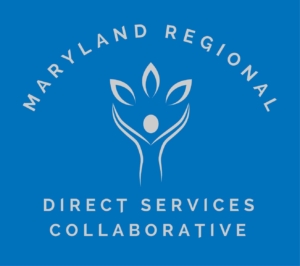As the Collaborative assumed a regional role in addressing the issues confronting the direct services workforce, the Board of Directors drew upon the considerable reservoir of volunteers who had expressed interest in working together to bring about positive change. From this body of support, three working groups of “taskforces” were established with the charge to lay out an action plan framework for change.
Issue briefs were prepared covering each of three core issues. Initial attention focused on the matter of wages and benefits calling for improvements that would….”attract workers and adequately address workforce vacancies and shortages, reduce turnover, and allow direct service workers to earn living wages”. An outcome of this priority resulted in the introduction of a legislative proposal in January 2020 co-sponsored by Dr. Terri Hill of the Maryland House of Delegates. The proposal called for the Maryland Department of Health to institute changes to positively affect personal care aides employed by residential services agencies.
The following year at a meeting that invited legislators and other key leaders throughout the region, Senator Guy Guzzone, Maryland Senate Majority Leader and Chair of the Senate Budget Committee, introduced the “Direct Care Workforce Innovation Program”. The bill provides annual grant support to enable community based organizations to build and expand on innovative recruitment and retention strategies. While action was completed during the shortened session of the General Assembly, the bill was reintroduced in the 2021 session.
One of the fundamental issues rests with the absence of a clear understanding of the frontline workforce and the roles it plays in both institutional and non-institutional settings. Many are unclear as to the composition of the workforce. Estimates show that positions related to direct care constitute one third of the health care workforce – outnumbering physicians, nurses, and medical assistants. These jobs are the backbone of the long term care workforce.
